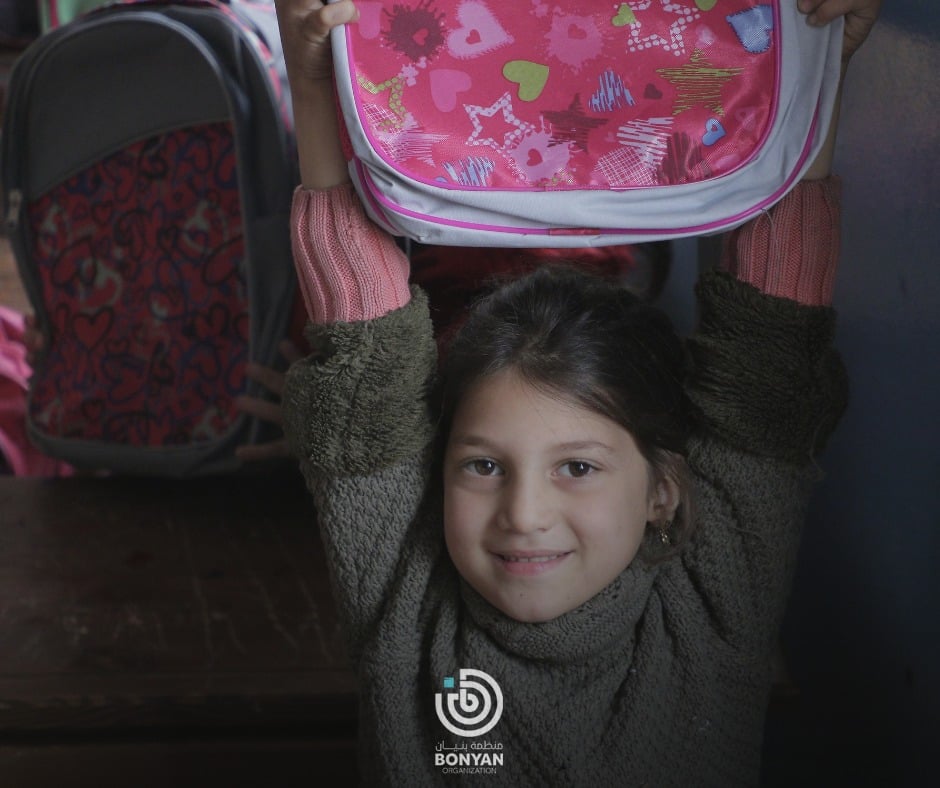Since the beginning of the civil conflict in Syria, the education of hundreds of thousands of students has been interrupted.
Many of those students today are left to struggle with poverty and ignorance in refugee camps with no access to their basic necessities, let alone education.
In this article, we highlight some of the factors that contribute to refugee students’ lack of access to education.
Financial Barriers and Economic Constraints for Refugee Students
Most of the refugees who are fleeing their conflict-ravaged countries usually leave behind all their belongings in their quest for safety, except for their clothes and very basic supplies.
Therefore, they are lacking the financial resources to pay for their necessities including food and shelter, let alone educational fees, transportation fees, and school supplies.
Therefore, these economic constraints hinder their educational progress and constrain their access to quality education.
Language and Cultural Barriers to Education for Refugees
People who flee their countries to seek refuge in other countries often face many cultural and linguistic barriers in their host communities.
This often leads to many mental and psychological issues that usually hinder their ability to learn, leading to poor academic performance.
In addition, some of the mental issues that refugee students are prone to in their new host communities include the following:
- Feeling isolated.
- Hopelessness.
- Anti-social behavior.
- Depression.
Physical Access and Infrastructure Barriers to Education for Refugees
Refugee students face a host of infrastructure obstacles to education that include the following:
- Lack of access to proper housing and shelter, which can affect their physical well-being, which will cause disruption in their education.
- Lack of transportation to go to their schools and educational centers. This could be especially difficult for refugee students living in rural areas as they usually lack the resources to travel to and from their schools.
- Insufficient educational infrastructure in their camps due to the scarcity of financial resources to build schools in those areas.
- Shortages of educational materials, including classrooms, textbooks, bags, and stationery.
- Limited access to technology, such as lack of access to the internet, computers, online educational exercises.

Psychological Barriers and Trauma-informed Approaches to Education for Refugees
The psychological obstacles to education for refugees include anxiety, depression, and stress.
The role of trauma-informed approaches might help refugee students because they adopt a complete picture of the refugee student’s life situation both in the past and the present.
Thus, helping those students to have tailored, effective approaches that could help them improve their educational outcomes.
With trauma-informed approaches, specialists can facilitate a safe and supportive environment for refugee students.
Similarly, mental healthcare experts can help those students by providing them with a trauma-informed curriculum and offering teachers special training to support the students in overcoming their traumatic experiences.
Additionally, mental healthcare professionals can hold an open dialogue with the refugee students in order to help them share their experiences, which will foster a sense of belonging and instill the values of connectedness to the host community.
Join our efforts at Bonyan Organization to facilitate education to refugee children in refugee camps. With our “ Tented Classrooms in Syrian Camps” campaign, we aim to build tented classrooms for refugee students in order to help 23,000 children in northwest Syria who have no access to any type of education.
Support us in providing those refugee students with the opportunity to be effective society members and save them from a gloomy future waiting for them if left in ignorance.
Donate now at this link: (click here)
Resources
FAQ
How can we improve the situation of refugees?
We can improve the situation of refugees with our donations.
How can we teach refugee students?
We can teach refugee students by supporting educational campaigns held to help them.
How can you explain the word refugee to the children?
We can explain the word refugee to the children as people leaving their countries for refuge and protection in another country.
What are some questions about refugees for students?
Some of the questions about refugees for students are:
Who are refugees?
What is refugee resettlement?
Where are refugees coming from?



